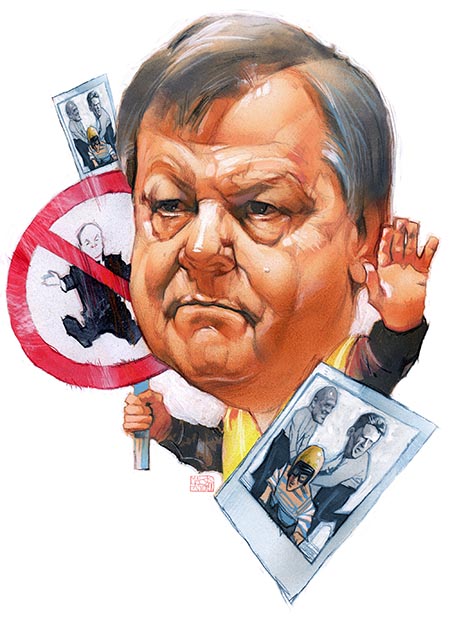
The inexorable trend towards spin over substance in the running of the professional game reached new peaks this week. As part of the fanfare to the 100 day countdown towards the 2015 World Cup that began on Wednesday, the RFU chief executive, Ian Ritchie, revealed he had spoken to former England manager, Martin Johnson.
The subject? How to avoid the binge-drinking, dwarf-throwing antics that dragged the England team he took to New Zealand in 2011 into the PR abyss.
My first reaction was that this was someone’s idea of a joke, given that Johnson was forced to resign as a consequence of a campaign which, after imploding, was the subject of an exhaustive RFU, Premiership, and RPA enquiry. This included savage criticism from within the squad, with coaches, captaincy and senior players all getting a pasting.
All Ritchie needed to do to reacquaint himself with the pitfalls, and therefore the best ways of avoiding them, was to read the reports. And, if he needed any sounding board for his conclusions, all he needed to do was take a short walk down the corridor at Twickenham to Rob Andrew’s office to get the inside track from the RFU’s performance director – and somehow sole survivor of the debacle – as to where it all went wrong.
Given Johnson’s withdrawal from mainstream rugby for the past four years, it is almost a given that he would have been a reluctant participant in a conversation which he thought had been put to bed following his resignation in November 2011.
The aim of the RFU’s communications spin-doctors was, no doubt, to show that Richie and company are leaving no stone unturned in their bid to ensure that there are no disciplinary meltdowns in the buildup to the 2015 tournament, or during the event itself.
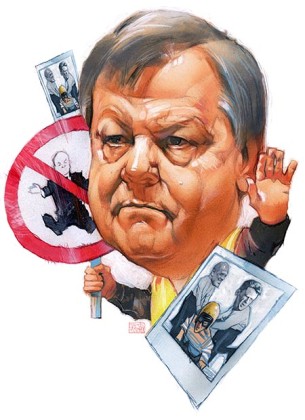
These started with Manu Tuilagi pleading guilty to assaulting two female police officers, and was soon followed by Dylan Hartley‘s ban for a head-butt on Jamie George in Northampton‘s Premiership semi-final against Saracens.
Then came Danny Cipriani‘s 5am arrest for alleged drink-driving after he had played a blinder against the Barbarians.
The PR offensive from the RFU that has followed is because this negative publicity is totally at odds with the wholesome image that they want to promote in order to use 2015 to attract an army of new recruits to Rugby Union.
The reality is that serious damage has been done to Lancaster’s desire for a whiter-than-white squad culture, and the RFU believe that they simply cannot afford another high profile incident without England’s much heralded value-shift since the last World Cup being labelled as bogus.
Jonny Wilkinson, who is a World Cup ambassador, tried to put a positive gloss on England’s preparations, declaring them to be a far more professional squad than the 2003 world champions.
However, he was unable to keep the incredulity at bay when he commented: “The Manu and Danny situation is one that those guys will look at it and say, ‘What was I doing? What was I thinking?’.”
Whatever they were thinking it is a salutary warning to the RFU not to put themselves on a pedestal.
By allowing Lancaster to advertise that he intended to fix England’s team culture by instilling the right values there was always a danger of it becoming a mission statement that would be shot full of holes.
Disciplinary issues surrounding young men playing a highly competitive, physically-demanding sport are part of its fabric, with misdemeanours happening on an intermittent basis.
That’s why it is much better to let your actions over disciplinary issues do the talking, but otherwise to go about your team-building business without blowing a fanfare. That way you do not become a hostage to fortune.
To be fair, Lancaster has been consistently tough but fair in his discipinary dealings – but putting yourself on a pedestal is a long-standing RFU failing, with the post-2003 declaration by one of Ritchie’s predecessors, Francis Baron, one of the most glaring examples.
Baron said that England’s targets from 2003 to 2007 were to win at least two Six Nations Grand Slams, and to retain their title as world champions.
As we know, England have not won a grand Slam for 11 years, and after losing to South Africa in the 2007 World Cup final, they went out to France in the 2011 quarter-finals.
The reality is that the best PR that the RFU can buy is if they produce England teams that take care of business on the pitch.
Do that, and the rest will pretty much take care of itself.


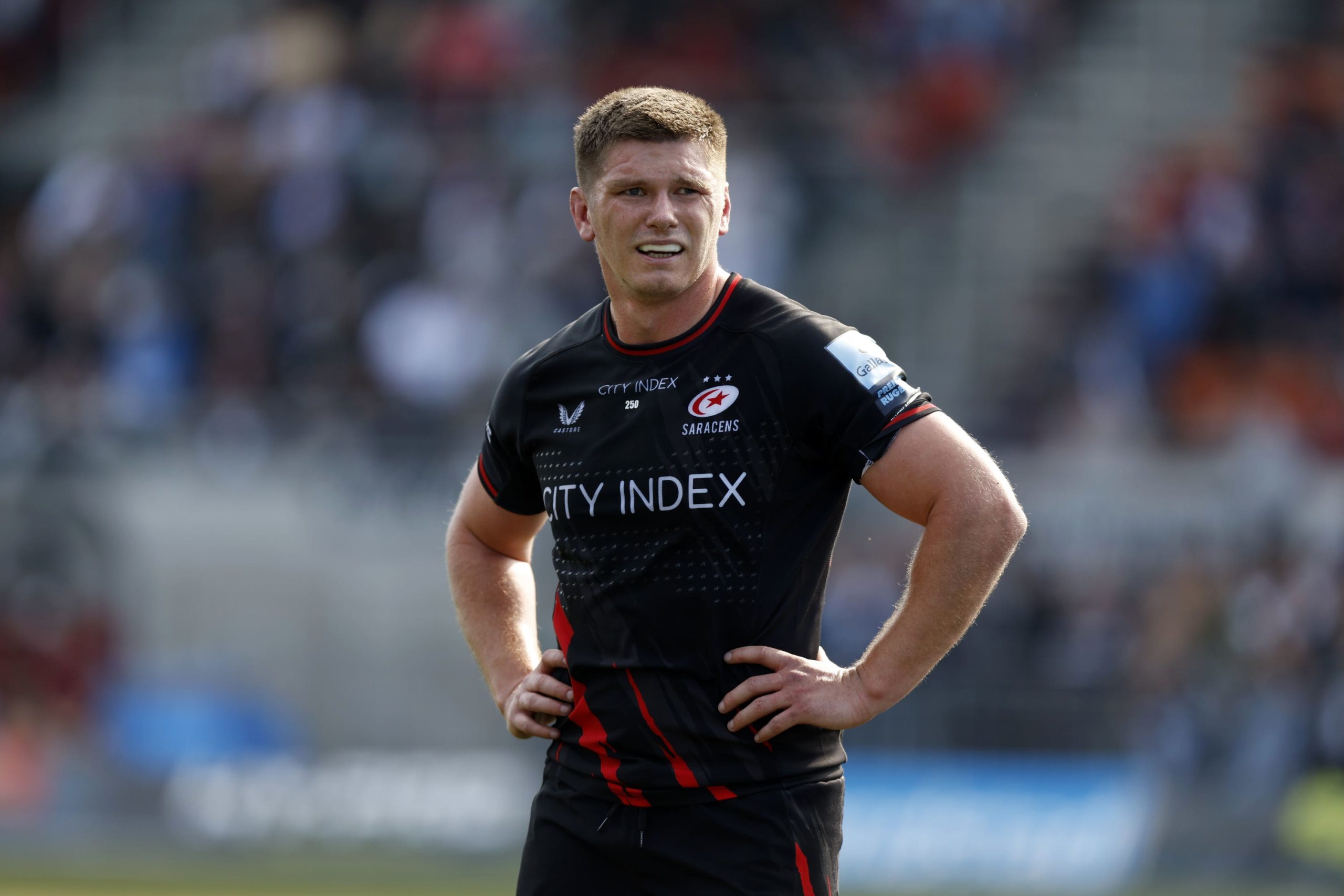
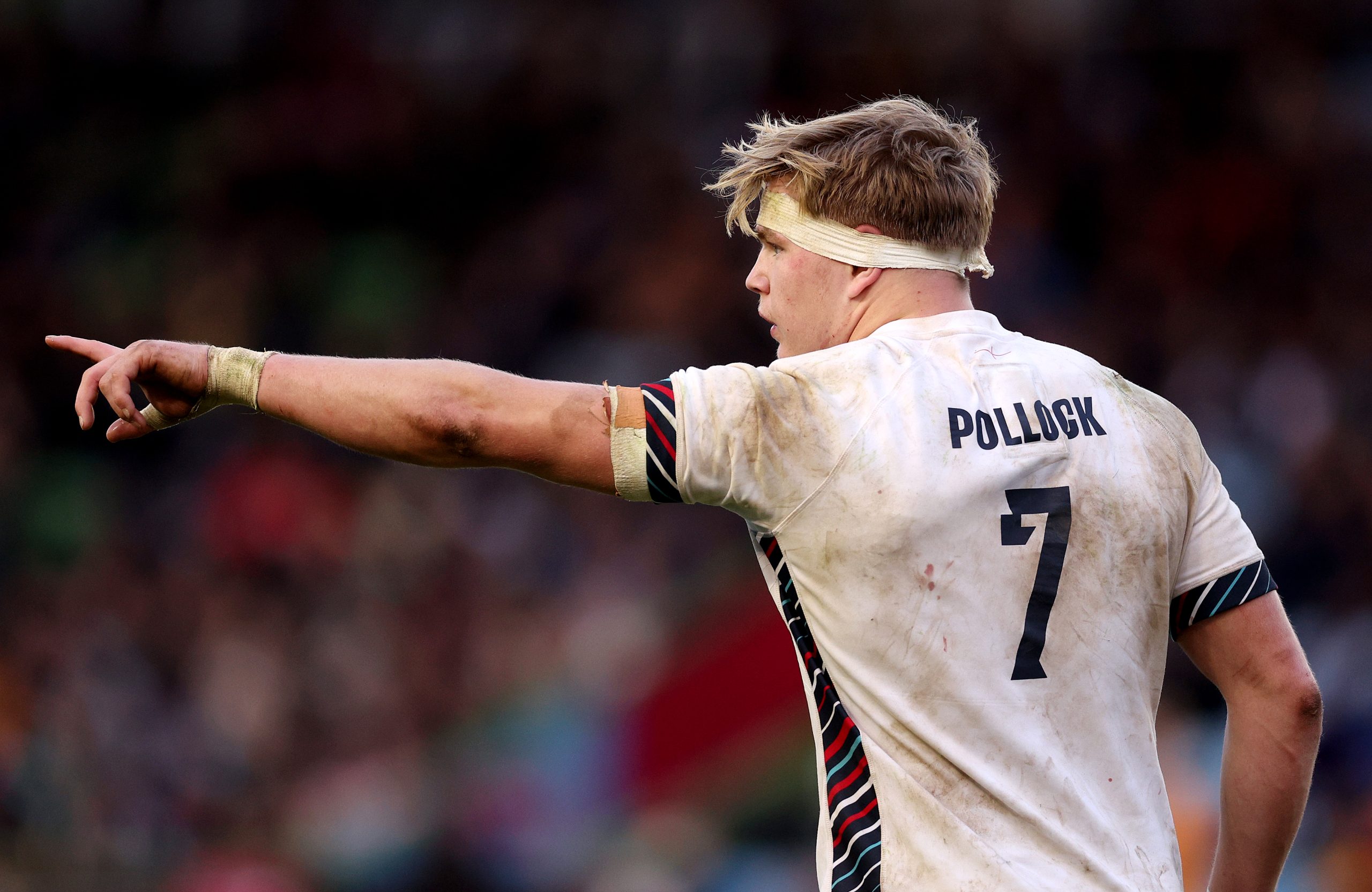
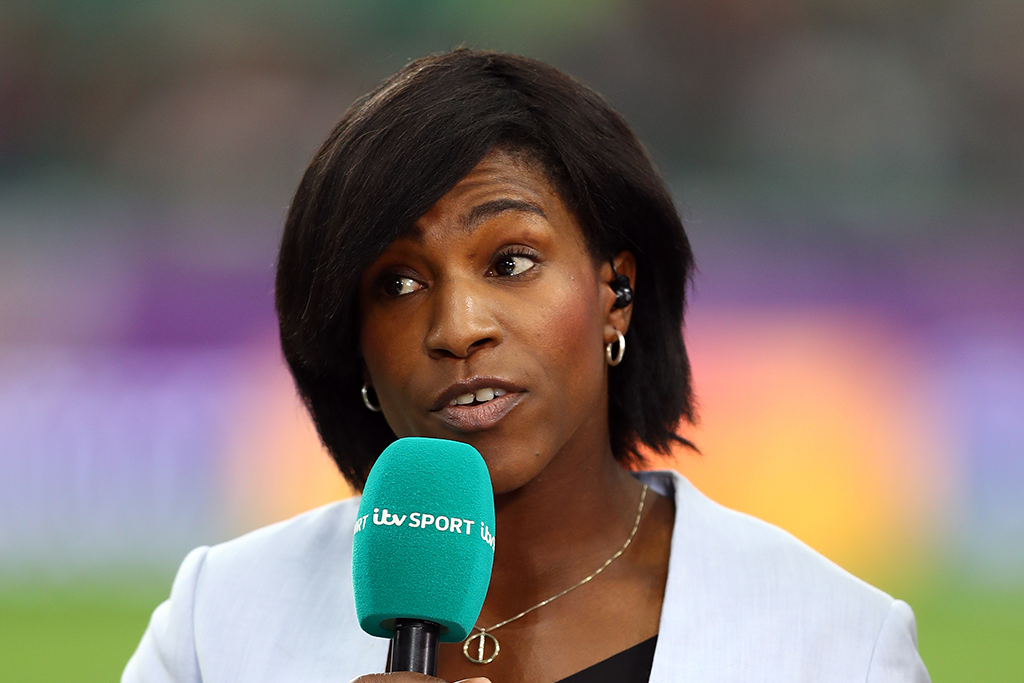



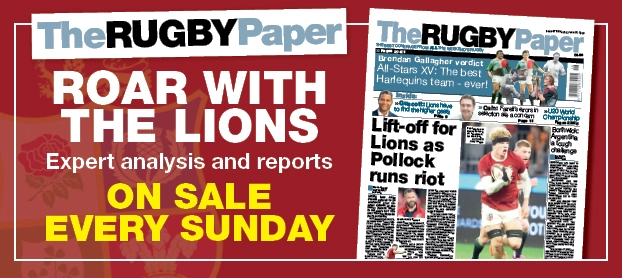













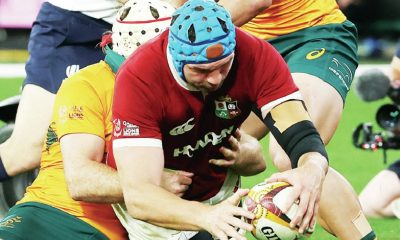

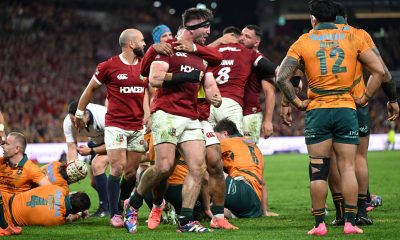

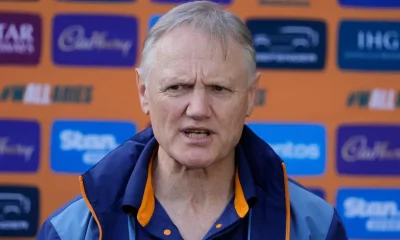

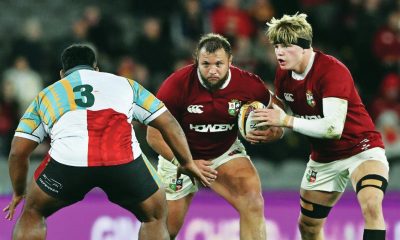



You must be logged in to post a comment Login